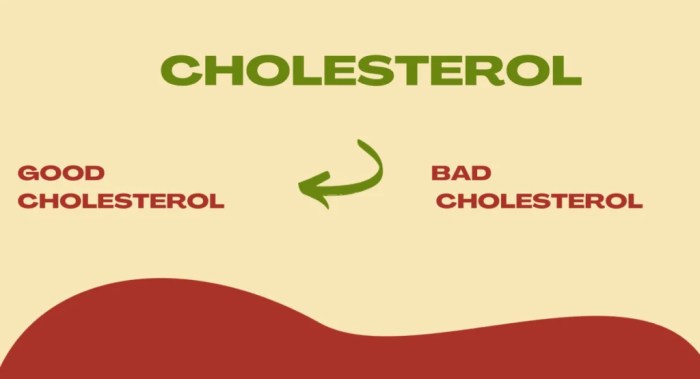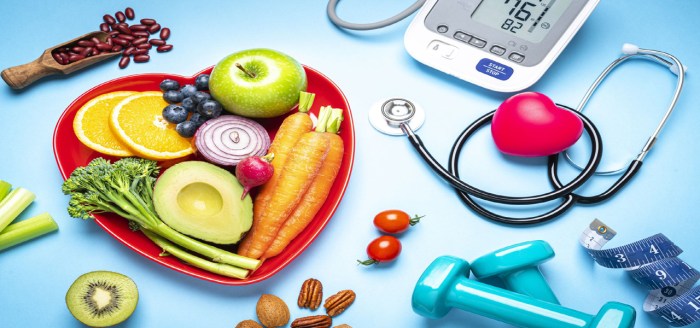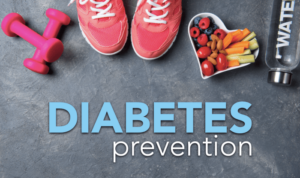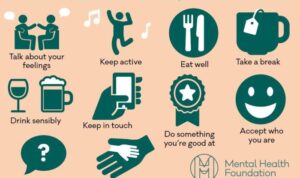With cholesterol management at the forefront, get ready to dive into the world of heart health like never before. From understanding cholesterol to practical tips, this guide has it all.
Let’s break down the essentials of cholesterol management and explore how simple changes can lead to a healthier heart.
Importance of Cholesterol Management
Maintaining healthy cholesterol levels is crucial for overall well-being. High cholesterol levels can lead to serious health issues, especially affecting the heart.
Implications of High Cholesterol on Heart Health
- High levels of LDL cholesterol, also known as “bad” cholesterol, can lead to the buildup of plaque in the arteries, causing atherosclerosis.
- When the arteries become narrowed due to plaque buildup, it can restrict blood flow to the heart, increasing the risk of heart attacks and strokes.
- Managing cholesterol levels can help prevent the progression of atherosclerosis and reduce the risk of cardiovascular diseases.
Understanding Cholesterol

Cholesterol is a waxy, fat-like substance found in every cell of the body. It plays a crucial role in building cell membranes, producing hormones, and aiding in digestion.
LDL (bad) Cholesterol vs. HDL (good) Cholesterol
- LDL (low-density lipoprotein) cholesterol is often referred to as “bad” cholesterol because it can build up in the walls of arteries, leading to atherosclerosis and increasing the risk of heart disease.
- HDL (high-density lipoprotein) cholesterol, on the other hand, is known as “good” cholesterol as it helps remove LDL cholesterol from the bloodstream, reducing the risk of heart disease.
- It’s important to maintain a balance between LDL and HDL cholesterol levels for optimal heart health.
Impact of Diet and Lifestyle on Cholesterol Levels
- A diet high in saturated and trans fats can increase LDL cholesterol levels, while a diet rich in fruits, vegetables, whole grains, and healthy fats can help lower LDL cholesterol.
- Regular physical activity can help raise HDL cholesterol levels and improve overall heart health.
- Avoiding smoking and excessive alcohol consumption can also positively impact cholesterol levels.
Dietary Strategies for Cholesterol Management

Eating the right foods plays a crucial role in managing your cholesterol levels. By incorporating specific foods into your diet and avoiding others, you can effectively lower LDL cholesterol and improve your overall heart health.
Foods to Lower LDL Cholesterol
- Eating oats and oat bran can help reduce LDL cholesterol levels due to their high fiber content.
- Adding nuts like almonds, walnuts, or pistachios to your diet can also have a positive impact on cholesterol levels.
- Consuming fatty fish such as salmon, mackerel, or sardines, which are rich in omega-3 fatty acids, can help lower cholesterol.
Benefits of Fruits, Vegetables, and Whole Grains, Cholesterol management
Eating a diet rich in fruits, vegetables, and whole grains can provide numerous benefits for cholesterol management. These foods are high in fiber, vitamins, minerals, and antioxidants, which can help lower LDL cholesterol levels and reduce the risk of heart disease.
Reducing Saturated and Trans Fats
- Avoiding foods high in saturated fats like red meat, full-fat dairy products, and processed foods can help lower LDL cholesterol.
- Limiting the intake of trans fats found in fried foods, baked goods, and margarine is essential for maintaining healthy cholesterol levels.
- Opting for healthier cooking methods like grilling, baking, or steaming instead of frying can also help reduce saturated fat intake.
Lifestyle Changes for Managing Cholesterol
When it comes to managing cholesterol levels, incorporating lifestyle changes is crucial for overall heart health. From exercise to quitting smoking and managing stress, these lifestyle adjustments can have a significant impact on your cholesterol levels.
Exercise and Cholesterol Management
Regular physical activity plays a key role in managing cholesterol levels. Exercise helps raise HDL (good) cholesterol levels while lowering LDL (bad) cholesterol levels. Aim for at least 150 minutes of moderate-intensity exercise per week, such as brisk walking, cycling, or swimming. Incorporating strength training exercises can also contribute to overall heart health.
Tips for Quitting Smoking and Cholesterol Levels
Smoking is a major risk factor for heart disease and can negatively impact cholesterol levels. Quitting smoking can lead to a significant improvement in cholesterol levels and overall heart health. Seek support from friends, family, or healthcare professionals, and consider using nicotine replacement therapy or other cessation aids to help you quit successfully.
Impact of Stress Management and Adequate Sleep on Cholesterol Levels
High levels of stress can contribute to unhealthy habits like overeating and poor food choices, which can impact cholesterol levels. Finding healthy ways to manage stress, such as meditation, deep breathing exercises, or engaging in hobbies you enjoy, can help improve cholesterol levels. Additionally, getting an adequate amount of sleep each night (7-9 hours for most adults) is important for overall heart health and can positively influence cholesterol levels.
Medications for Cholesterol Management
When lifestyle changes and dietary strategies are not sufficient to manage cholesterol levels, medications may be necessary to reduce the risk of heart disease and stroke.
Types of Cholesterol-Lowering Medications
- Statins: These medications work by blocking a substance your liver needs to make cholesterol. They are commonly prescribed and are effective in lowering LDL (bad) cholesterol levels.
- Ezetimibe: This medication helps reduce the amount of cholesterol absorbed by your intestines.
- PCSK9 inhibitors: These medications help the liver clear LDL cholesterol from the blood.
Benefits and Side Effects of Statins
Statins are known for their effectiveness in lowering LDL cholesterol and reducing the risk of heart attacks and strokes. However, they may also come with potential side effects such as muscle pain, liver damage, and an increased risk of type 2 diabetes. It’s important to discuss with your healthcare provider to weigh the benefits against the potential risks when considering statin therapy.
When Medication is Necessary for Cholesterol Management
If lifestyle changes and dietary modifications are not enough to lower cholesterol levels to a healthy range, or if you have a high risk of heart disease or stroke, your healthcare provider may recommend cholesterol-lowering medications. It’s crucial to follow your healthcare provider’s advice and take medications as prescribed to effectively manage cholesterol levels and reduce the risk of cardiovascular diseases.



